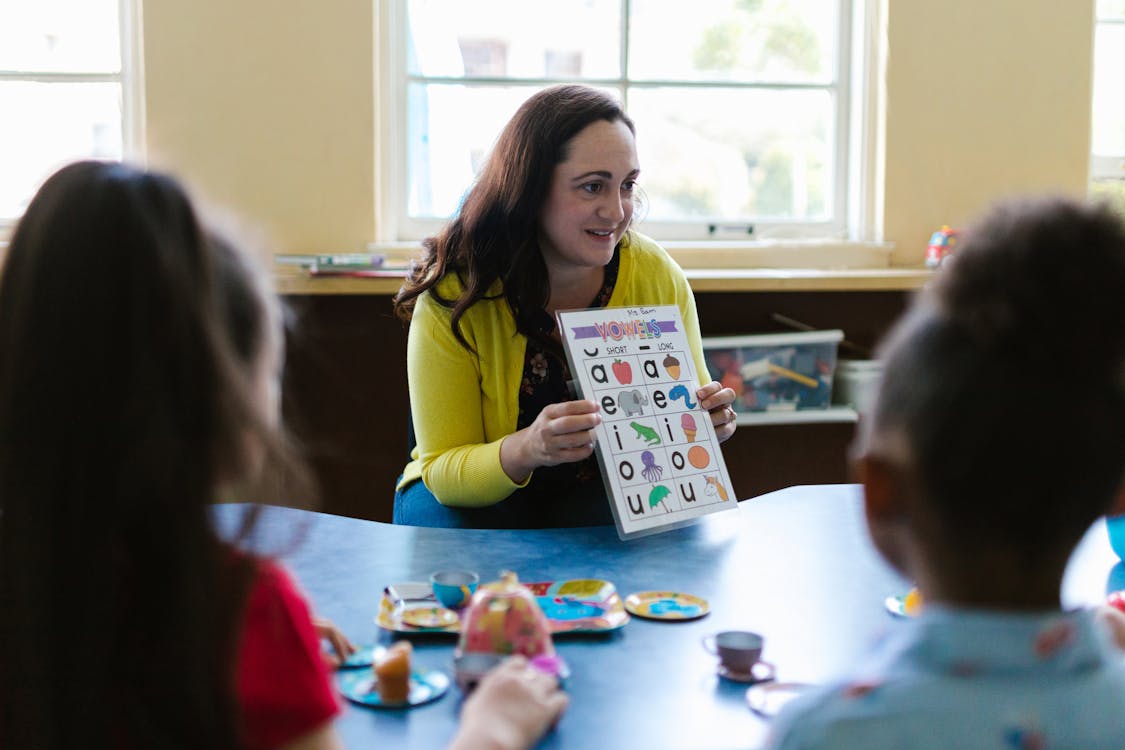
Introduction:
Language learning can be a challenging and time-consuming process, but it doesn’t have to be boring. Incorporating games into your language learning routine can make the process more engaging, fun, and effective. Not only do games provide a more enjoyable way to practice and reinforce language skills, but they can also improve cognitive function, memory, and problem-solving abilities. In this article, we will explore the benefits of using games for language learning and provide tips for incorporating them into your language-learning routine.
The Benefits of Games for Language Learning:
- Improved Vocabulary Acquisition: Games can be an excellent tool for learning and reinforcing vocabulary. For example, word games like Scrabble or Boggle can help learners expand their vocabulary and become more familiar with new words and their spellings.
- Enhanced Grammar Skills: Games can also help learners develop their grammar skills by providing a more engaging way to practice sentence structure, verb conjugation, and other grammar concepts. Games like Mad Libs or sentence completion exercises can help learners improve their sentence construction and grammar usage.
- Increased Motivation: Learning a new language can be a daunting task, and it’s easy to become discouraged or overwhelmed. Games provide a more fun and enjoyable way to practice language skills, which can increase motivation and engagement in the learning process.
- Improved Cognitive Function: Games can also improve cognitive function by enhancing problem-solving skills, memory, and critical thinking. By engaging in language games, learners can improve their ability to think creatively and strategically, which can have a positive impact on other areas of their lives.
- Real-World Application: Many language games are designed to simulate real-world scenarios, which can help learners develop their communication skills and gain confidence in their ability to use the language in practical situations.
Incorporating Games into Your Language Learning Routine:
- Choose the Right Games: When incorporating games into your language learning routine, it’s important to choose games that are both fun and effective. Look for games that focus on specific language skills, such as vocabulary acquisition, grammar, or conversation practice.
- Set Goals: Before incorporating games into your learning routine, set specific goals for what you want to achieve. For example, you may want to learn 10 new words per week or practice verb conjugation for 30 minutes a day. Setting goals will help you stay focused and motivated.
- Play with Others: Playing language games with others can be a great way to practice conversation skills and improve your ability to communicate in real-world scenarios. Look for language exchange groups or language learning communities where you can connect with others and play games together.
- Use Technology: Many language learning apps and websites offer fun and engaging games to help learners practice language skills. For example, Duolingo offers a variety of games designed to improve vocabulary, grammar, and conversational skills.
- Make it Fun: The key to incorporating games into your language learning routine is to make it fun and enjoyable. Choose games that you genuinely enjoy playing, and don’t be afraid to experiment with different games and approaches until you find what works best for you.
Conclusion:
Incorporating games into your language learning routine can provide a fun and effective way to practice and reinforce language skills. Not only do games improve motivation and engagement in the learning process, but they also improve cognitive function, memory, and problem-solving abilities. By choosing the right games, setting specific goals, and making it fun, you can use games to enhance your learning experience and achieve your learning goals. So, go ahead, try some
